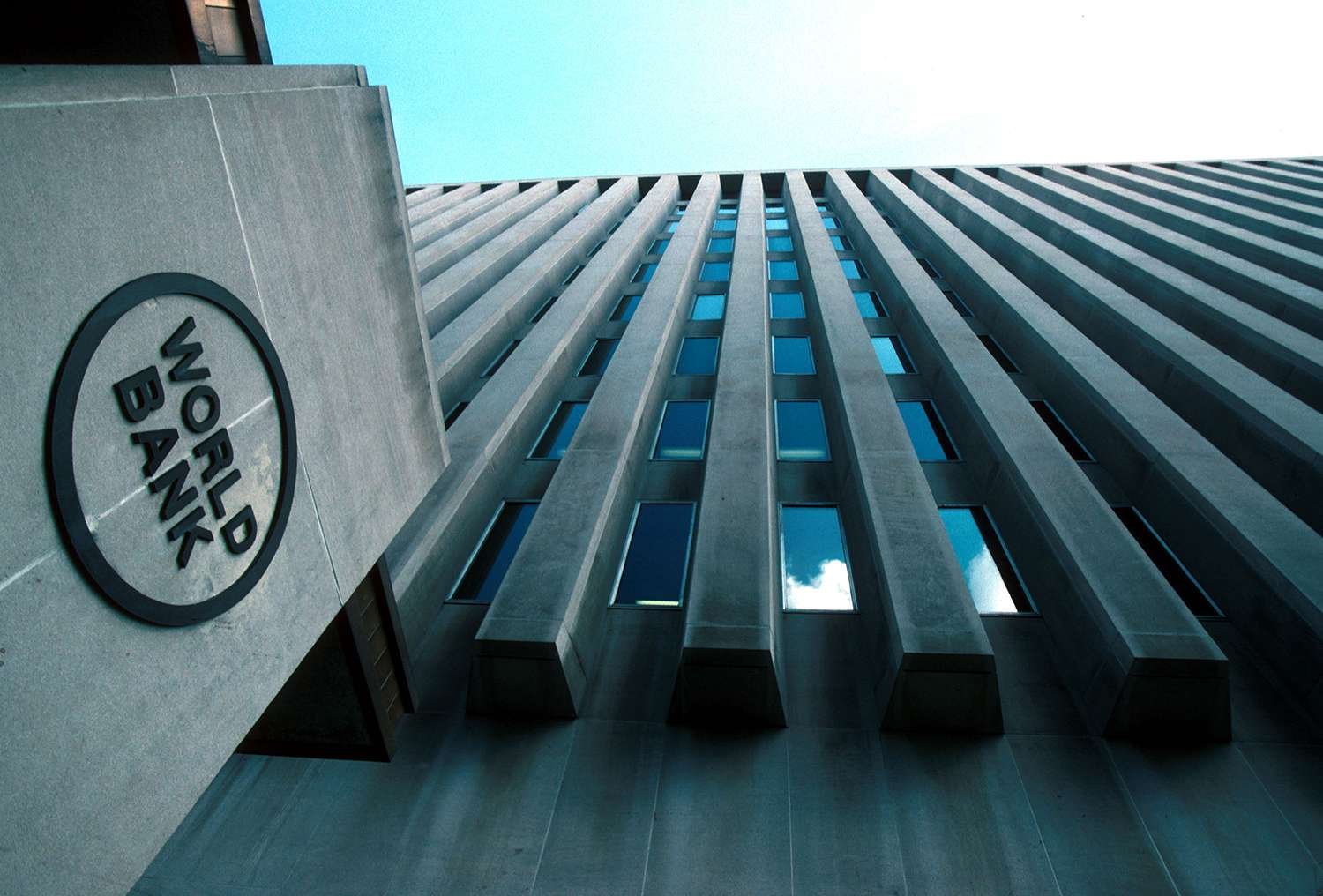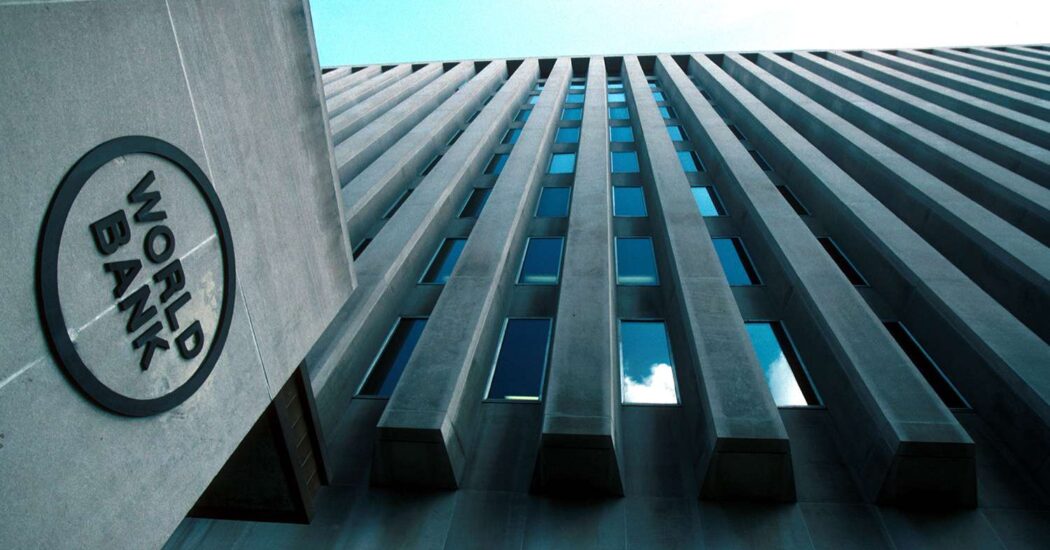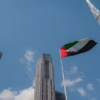
World Bank unhappy with Pakistan

The World Bank has raised significant concerns regarding Pakistan’s sales tax system, which currently allows for concessionary rates below the standard 18 percent for specific products and sectors. According to the latest report, the World Bank Pakistan Development Update (PDU), the sales tax system in Pakistan also permits certain domestic supplies to be zero-rated, further narrowing the tax base.
Why World Bank is not happy with Pakistan?
This complexity in Pakistan’s tax system is characterized by a narrow tax base and high tax rates. The system is laden with various special provisions, concessional rates, and exemptions, driven by the need to provide fiscal support to specific groups or industries while maintaining a minimum level of revenue collection. Unfortunately, this approach has led to a convoluted system with numerous vested interests, resulting in economic inefficiency and reduced revenue collection.
In the fiscal year 2023, Pakistan’s aggregate revenue accounted for 11.6 percent of GDP, with 92 percent collected at the federal level and the remainder at the provincial level. However, the tax-to-GDP ratio only reached 10.2 percent, falling short of the 15 percent threshold considered necessary for developing countries.
The decline in total revenue to 11.6 percent of GDP in FY23, down from 12.1 percent in FY22, was primarily attributed to reduced revenue from indirect taxes, including sales tax on goods and services, customs duties, and excise duties. This reduction was a consequence of decreased imports, which, in turn, impacted revenue from sales tax and customs duties on imported goods. These challenges underscore the need for comprehensive tax reform in Pakistan to enhance revenue collection and promote economic efficiency.
Also, see:
Pakistani Rupee Continues Its Rally Against the US Dollar for the 18th Consecutive Day







